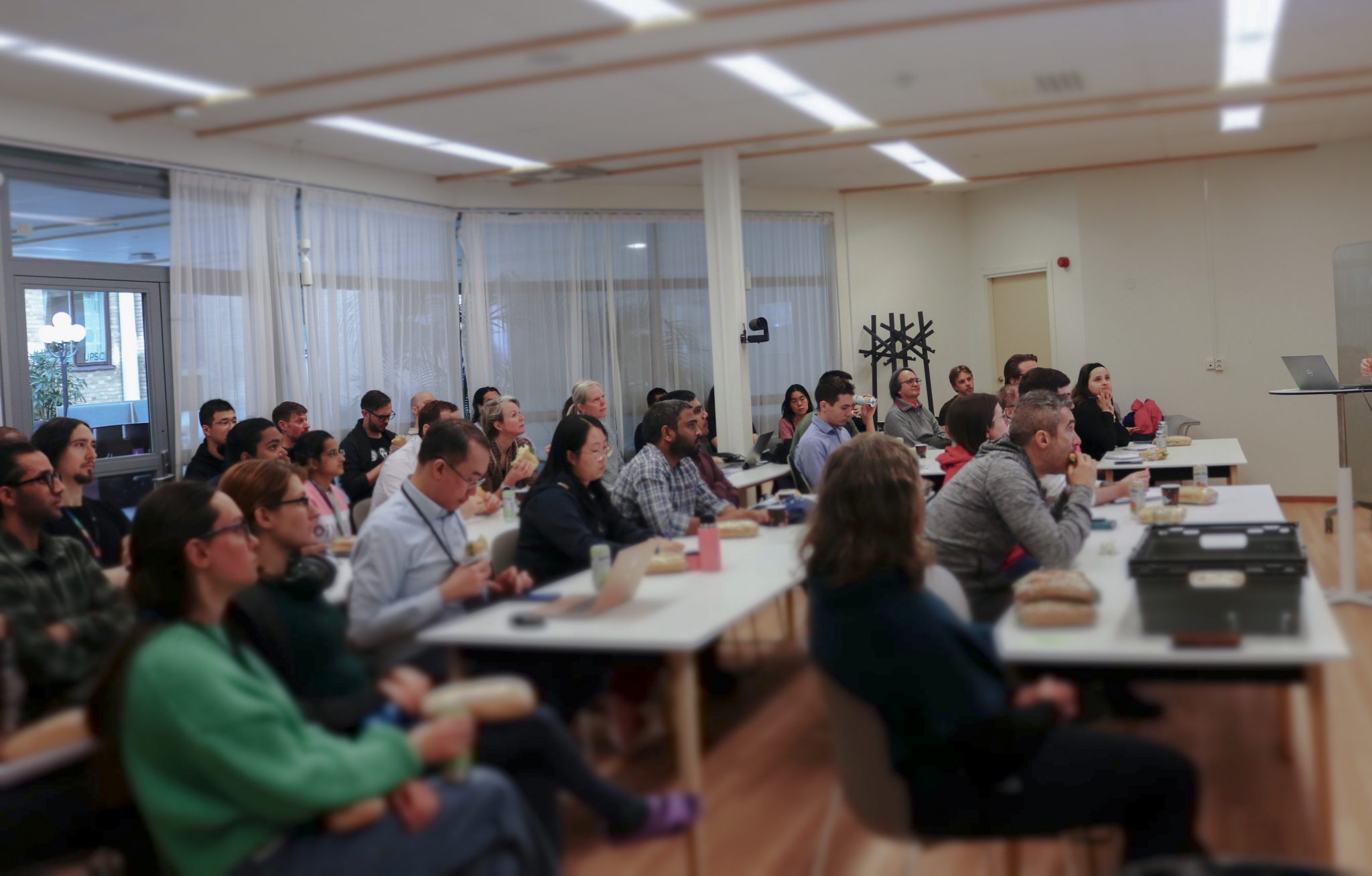[The Svedberg seminar] – Patch-seq profiling of pancreatic islet cell types and cell-free RNA diagnostics
October 7 @ 15:15 – 16:15 CEST
Joan Camuñas-Soler
Assistant Professor
University of Gothenburg, Sweden

Bio
Dr. Camuñas-Soler is an Assistant Professor and Wallenberg Molecular Medicine Fellow at the University of Gothenburg since 2022. His current research focuses on data-driven genomics and precision medicine. Previously, as a postdoctoral scholar at Stanford University, he pioneered novel single-cell genomic techniques to study islet-cell function in health and diabetes. Additionally, he developed liquid biopsy tools for the early prediction of pregnancy complications, which led to the creation of a molecular diagnostics startup. His research is highly interdisciplinary, combining approaches from molecular engineering, biophysics, and computational biology. His work has been recognized with several awards, patents, and prestigious establishment grants.
Patch-seq profiling of pancreatic islet cell types and cell-free RNA diagnostics
Methods to simultaneously profile transcriptome and cell function at the single-cell level are scarce. In this talk, I will show that single-cell RNA sequencing (scRNAseq), in combination with electrophysiological measurements of exocytosis (patch-seq), can be used to study the connection between human endocrine physiology and transcriptomes at the single cell level. I will discuss the application of patch-seq to investigate normal physiology of pancreatic islet cells and their dysfunction in diabetes.
Using data from 1,369 patch-seq cells from the pancreata of 34 human donors; I will show how this technology can be used to identify novel regulators of β-cell biology and transcriptomic alterations indicative of β-cell maladaptation and α-cell dysfunction in type 2 diabetes (T2D). Additionally, I will introduce a complementary approach to measure the secretory capacity of these cells based in the use of fluorescent tracers of endocytic membrane retrieval, which can then be combined with FACS sorting ad scRNAseq to characterize β-cell states associated with higher secretory capacity.
In the second part of this talk, I will also discuss how sequencing of circulating RNA in the blood (cell-free RNA) can be used as a ‘liquid biopsy’ tool to monitor human physiology and disease. I will focus on the use of cell-free RNA to establish a molecular clock of pregnancy, and as a tool to track autoimmune disorders with poorly understood pathophysiology. Some of this molecular diagnostics work is currently being translated into clinical validation.
Read more: Camuñas-Soler Group
Host: Jessica Nordlund jessica.nordlund@medsci.uu.se


